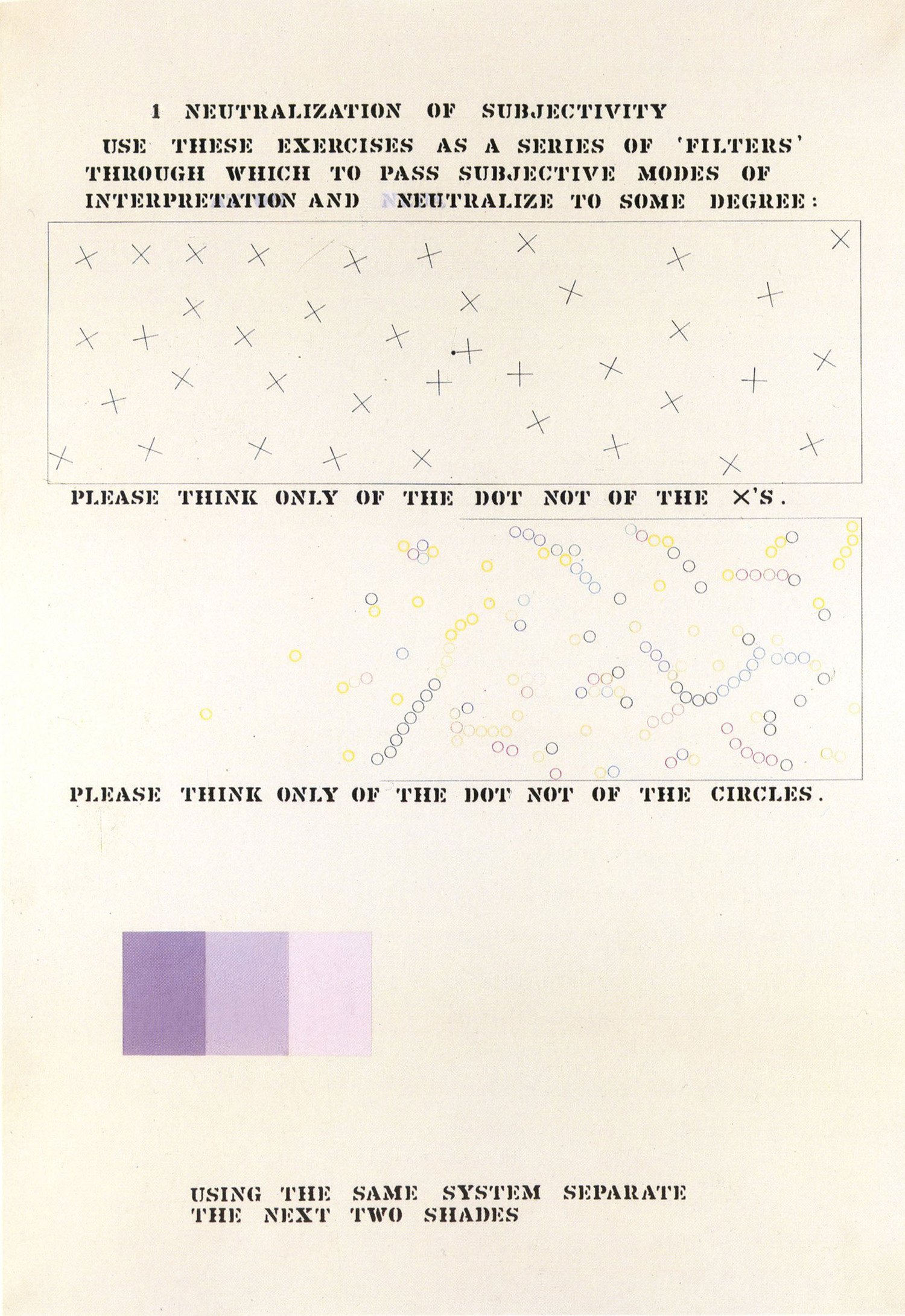Notes on Dissertation
I just finished my dissertation. I don't want it to end. Not because I'm afraid of the criticisms that it might incite, but because it will finally mean, once and for all, that my father is dead.
In a way, everything that came before this dissertation is, in a very real, almost painful sense, relegated to whence it came. If it existed before, but has ceased to exist, there's the threat that it'll be lost forever - suspended in time, as it were. I just hope that we can access those memories, sharing in both their pain and joy. Do memories live forever? The earth dares to tell us otherwise.
My father will never read this dissertation. That's a powerful thought. No matter how many times I read that sentence, it always rings true. He will never read these lines. And yet, somehow, he already knew, even before he died, that I would write them. He had been preparing me for his death, since before I was born.
The Stranger, by Albert Camus, starts thus: "Mother died today. Or, maybe yesterday; I can't be sure." When I first read these poignant lines, my father was still alive. I didn't understand them. They seemed so cold and distant. When I read them now, I begin to understand. While I was present at my father's death, the finality of the moment is never complete. It's like a wound that never heals. It's not so much when the cut happens, but how deep it runs.
You see, this dissertation really began with the rupture of my father's death, marked on the calendar as, January 11, 2006. We were on vacation in St. Kitts. He had taken a nap in the afternoon, as the sun was beating down on the beach, and simply did not wake up. It was the longest vacation that he had ever taken. A total of seven days, or so. As it turned out, it would be his last.
"What a perfect ending, to a wonderful story," our friends consoled. "You couldn't have written it any better," they confided. Well, maybe a little longer, we thought. Yes, much longer, indeed. Yet, there was no suffering, no anguish, no anticipation. At the time, there was great comfort in that particular thought.
Well, at long last, this dissertation is, finally, alive. It's been breathing a while, treading water, but only just so. Now, though, it's taking barbaric gulps. Bathing in the bated grass. Nothing is more refreshing than the wind blowing in from the salty seas. Deleuze taught us that.
Approaching the shore, however, and then reaching it, is as terrifying as it is exhilarating. I just want the adventure to go on. This dissertation has been a bridge. My father knew it when it started, but now that we've reached the other side, he knows it no more. It feels like a boat has been cast off to sea. Still, I can hear Beckett's cadence. Pushing us forward. Nudging us, evermore.
I have been writing in isolation for nearly a decade. I'm not sure what comes next. Or, if I'll be ready for it. But, I know, deep down in my bones, that I'll try to embrace its movements, however radical or unwieldy. To be sure, there's something to be said for jolting oneself at least a bit off kilter.
I can still hear my father's voice, cajoling me on. "You did it," he would confidently exclaim. He used to joke, in all seriousness, that it would take me sixteen years to finish my dissertation. Not out of spite, or an inability, but out of an insatiable desire to learn, to keep on learning. Well, I finished it in seven years to be exact. Not even halfway there.
Here it is. My dissertation. Written with so much support, so much love, not least of which comes from Arakawa and Gins. I owe them so much. Madeline has been a dream. She is the most capacious thinker that I know. Supportive and sincere. She, more than anyone, drives us on. She places action into thought. If anyone can combat mortality, it is her. Her, and her brave hero, Arakawa. I can still see him waving from across the room.
Life takes persistence. "We have what it takes," they assure us. Through architecture, we can begin to reconfigure life, so as to go on living indefinitely. We can begin, at last, to reassess what it means to be human. What it means to overcome death. Just because it's always been so, doesn't mean that it will always be so. They've taught us so much. These are lessons that my father knew. Destiny can be reversed.
It is important to me, that this dissertation be published today, the anniversary of my father's death. It's also important that it be published online, in this format. The internet is ephemeral. Arguably, it's still in its germinal stages. It doesn't yet know what it is, nor what it can become. It hasn't accepted assumptions. I think that's pretty exciting.
The words published here may crack beneath the weight of time. Unless, of course, they're updated and maintained. How many links have we visited, only to find them expired. Let's keep them active. Let's keep them alive.
Traditionally, when you submit a dissertation, you expect that it'll end up in the archives, perhaps assigned to a shelf in the back of an institution. Maybe a student will take it out, intrigued by the title or the author. But, how much better would it be to continue writing...

